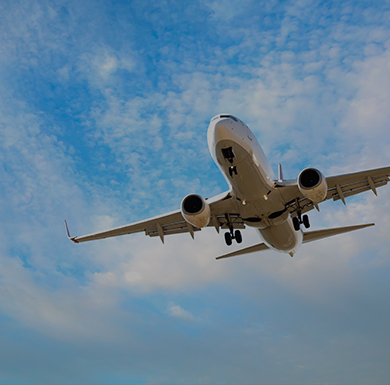
A denied FAA medical application has different consequences for general aviation pilots than it used to. Of course, a denied FAA medical application means that an airman either has a disqualifying medical condition, is taking (or has taken) a disqualifying medication, or the Federal Air Surgeon finds the airman’s medical status to be unsafe for flight. The Federal Aviation Regulations at Part 67 spell out which conditions are considered disqualifying and the FAA medical office maintains an unpublished list of which medications are disqualifying. Specifically disqualifying conditions which always lead to a denied FAA medical application (but may be certifiable via the Special Issuance process) include issues like (to name a few) substance abuse, substance dependence, psychosis, permanent implantation of a cardiac pacemaker, disturbance of consciousness without satisfactory explanation of cause, and bipolar disease. There is a distinction, however, between specifically disqualifying conditions and the types of conditions which the Federal Air Surgeon can disqualify at his discretion. Ultimately, whether a specifically disqualifying condition or a discretionary disqualifying condition, a denied FAA medical application means that the FAA feels the airman (in his or her current state of health) is a risk to the National Airspace System and should not be flying.
As a general aviation pilot, you may want to fly under BasicMed when you have a medical condition which you know won’t allow for a 3rd, 2nd, or 1st class medical certificate. Assuming you don’t have any of the specifically disqualifying conditions under BasicMed and you don’t mind the fairly liberal operational limitations that are associated with this type of medical certificate, it seems like a sure bet! Or does it? Airman are beginning to notice that BasicMed isn’t that helpful for pilots that otherwise can’t get a 3rd, 2nd, or 1st class medical certificate. In that, if your last medical application was denied or if your last medical certificate was revoked, you do not qualify for BasicMed. Unfortunately, this policy seems counterproductive to the whole point of BasicMed, which on its face is to allow an airman that couldn’t otherwise get a 3rd, 2nd, or 1st class medical the ability to fly.
So, if you have a denied FAA medical application (as your last application), you are ineligible to fly under BasicMed. This means that you will need to present your case to the FAA for a regular medical certificate or Special Issuance certificate. If you have a condition that is preventing you from obtaining your FAA medical certificate, call a FAA defense attorney that can review your case in accordance with FAA policy and develop a plan for a successful medical application (if possible).
Contact the Aviation Lawyers from The Ison Law Firm Aviation Lawyers for Help Today
You need both a pilot and a lawyer on your side for your aviation law needs. Don’t hesitate to contact our team from The Ison Law Firm Aviation Lawyers to schedule a confidential consultation with an experienced aviation lawyer today.
We’re pilots representing pilots. The Ison Law Firm Aviation Lawyers offers FAA enforcement defense and medical certification representation worldwide!
The Ison Law Firm Aviation Lawyers
Phone: Toll-Free 855-322-1215
Office Hours: Mon – Thu, 9:00 AM to 5:00 PM
Fri, 9:00 AM to 12:00 PM
Disclaimer: Messages left for attorneys after these business hours will be addressed the following business day, during business hours.

